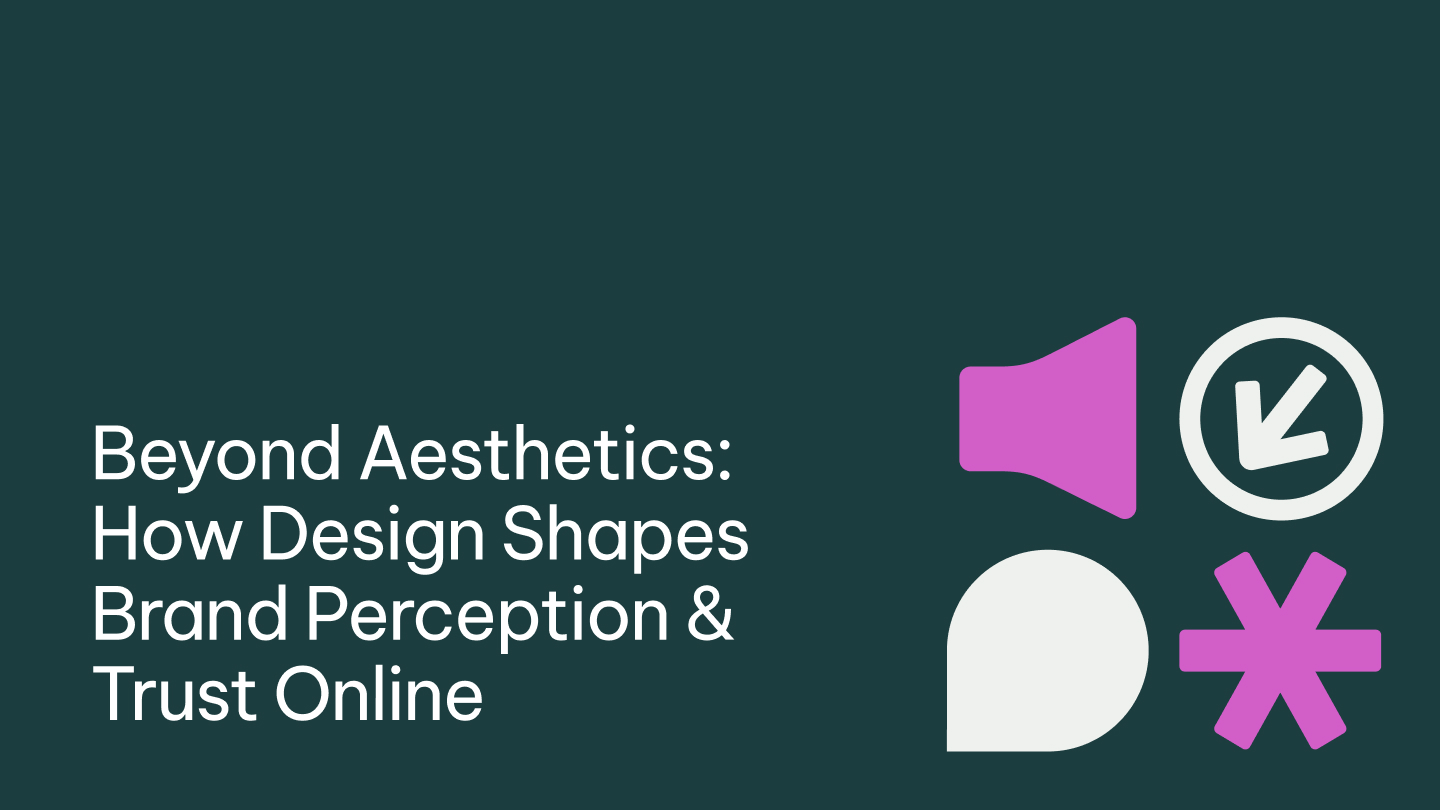Estimated reading time: 6 minutes
An effective marketing strategy can make or break your product launch and can ensure that your business stays relevant in an ever-changing world. In the past year, marketers have learned the value of personalizing content, gathered key insights through social media, and have stepped outside of their comfort zones to connect with new audiences. Today we are going to discuss keeping ethics in mind when creating your marketing strategies.
Related Links
However, when you’re creating your marketing strategy there are a few ethical rules you need to follow. This is even more important now, as big brands around the world are adopting a gentle, ethical approach to their marketing strategies, and consumers can find out if you’re deceiving them easier than ever before.
Incorporating Ethics

You might be wondering how ethics can fit into your overall marketing strategy. After all, marketers are already juggling market research, demographic information, branding, advertising standards, and budgets — just how will ethics fit within this delicate balance?
The key is to focus on a few small strategic changes which slowly adapt your approach over time. For example, you may just focus on developing an ethical approach to your digital marketing strategy. You can do this by analyzing raw customer data which teaches you about the profile of your average consumer, so you can decide which kind of ethical issue will resonate with them.
Regardless of how you incorporate ethics, there are a few rules you should consider when creating ethical marketing strategies.
Avoid Greenwashing
Everyone wants to jump on the sustainability trend — and for good reason. The climate crisis is a hot topic that garners support across generations, and business should be doing their bit to help fight climate change. Finding such a well-supported cause to support is rare, and big brands are running marketing campaigns that position their company as sustainable.
However, if you haven’t actually made a change to your business, but are still claiming to be sustainable, you’re engaging in something called “greenwashing”. Greenwashing occurs when marketers deceive their consumers into thinking that a brand, product, or service is committed to fighting climate change when, in reality, they’ve done nothing to change.
You can avoid greenwashing by tying every sustainability claim you make to a direct action that your business has taken. For example, if you’re marketing for a textiles company, you could point directly to things like the reduced use of single-use plastics. Or, if you’re creating a campaign for a shipping company, you can highlight the actions that the business has taken to reduce carbon emissions — the key is to be authentic.
Cultural Awareness
Consumers are becoming culturally aware. That means marketers cannot get away with using stereotypes in their advertisements and must ensure that everything you do foregrounds diversity and inclusivity.
Knowing what culturally aware campaigns look like is difficult, but well-educated marketers have developed a sixth sense for campaigns that might malign a demographic. This insight isn’t intuitive but instead, is based on market research which utilizes social networks, focus groups, and surveys to learn about the way people’s opinions have changed.
As you begin to plot your next marketing campaign, you should spend time learning about the opinions your audience hold, and should be sure to strategically align your messaging with the ethics and ideals that will go over well with your consumer base. This will streamline your campaign and will ensure that you routinely connect with your audience.
Data Privacy

Recent changes in data privacy laws have made it easier for marketers to collect information from markets all around the world. However, this doesn’t mean you can act irresponsibly when it comes to collecting and utilizing consumers’ private data.
Large businesses have entire teams dedicated to data protection and have legal teams who know exactly how marketing teams can utilize the online data a business has collected, but small businesses can still do their best to ensure no privacy breaches are made.
If you’re unsure of best data privacy practices, you should follow a privacy-conscious approach to data collection which foregrounds the ethics of market research. This means that you cannot use any data that the potential customer has not agreed to. You also need to ensure that the way you are using the data you collect won’t create a sense of embarrassment or mistrust in consumers who are naturally wary of personalized campaigns.
Measuring Marketing Strategies
An ethical marketing strategy should be relevant to the market you’re operating in. Traditionally, companies have tracked the relevancy and efficacy of campaigns using the following marketing metrics:
- Lead-to-sale conversions
- Customer retention
- New customer acquisition
- Engagement
- Click-through rate
- Cost-per-lead
These metrics are easy to gather, and should still form the backbone of your analysis. However, new, ethical, market pressures mean that new metrics will be needed to gather data that directly relates to the ethics of your marketing campaign.
In particular, you’ll want to become increasingly familiar with “customer insights” which are based on behaviors like the videos customers have watched, the emails they’re most likely to open/read, and the campaigns that captured their attention for longer. Customer insights skirt the line between qualitative and quantitative data and show you how customers’ ideas about the world correlate with their behavior.
By tracking customer insights, you can see if campaigns related to ethical events like climate change are resonating with your audience, and can use actual data to adapt your messaging to connect with potential customers.
Conclusion
Ethical marketing is all about combining raw data with the real world. When developing an ethical marketing campaign, you must seek to understand the ideals and values of your potential customers and should take every precaution against undermining the trust they place in your business. This means you should avoid deceptive campaigns like greenwashing and should hold consumers’ data privacy in high regard.



